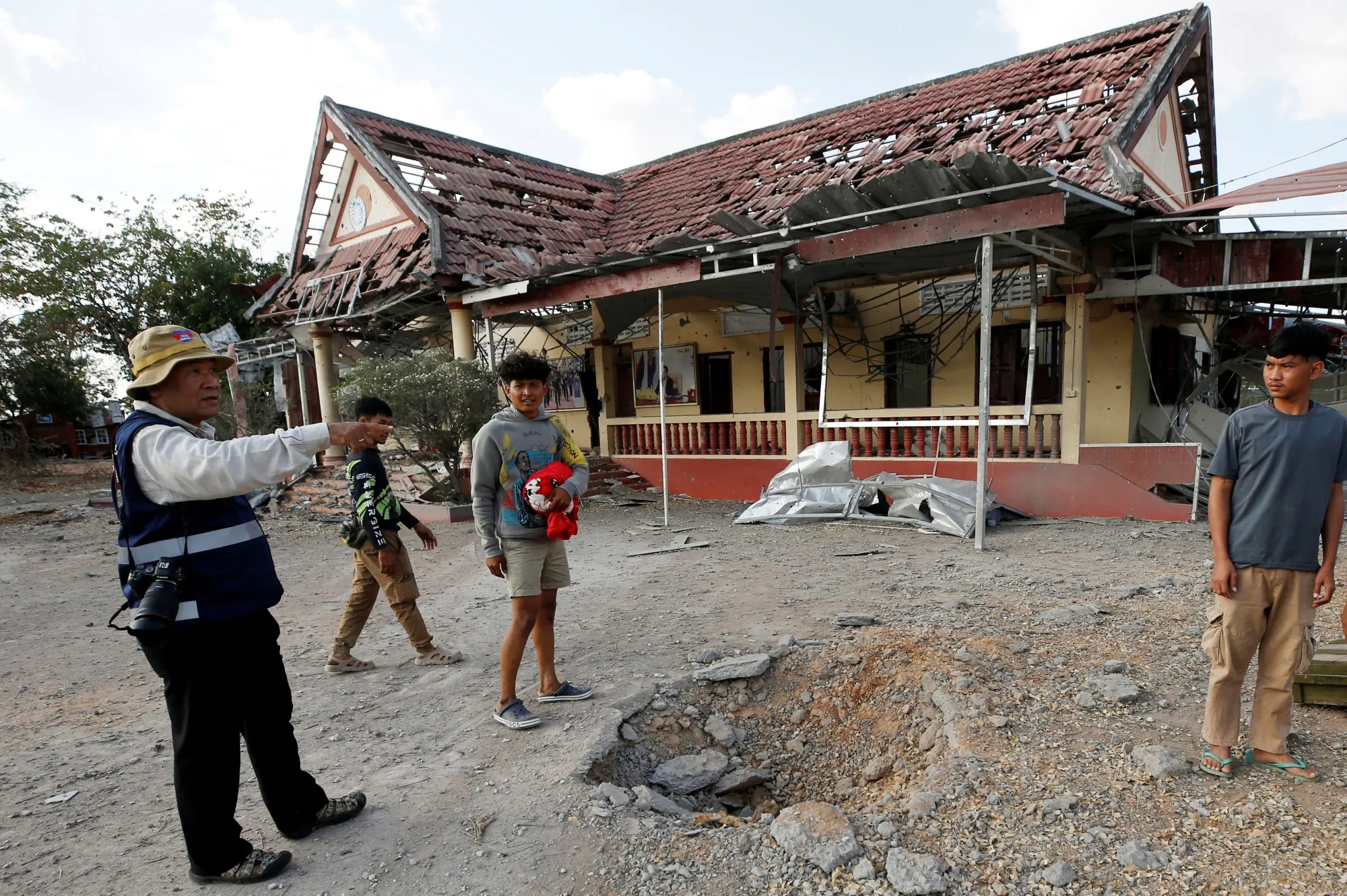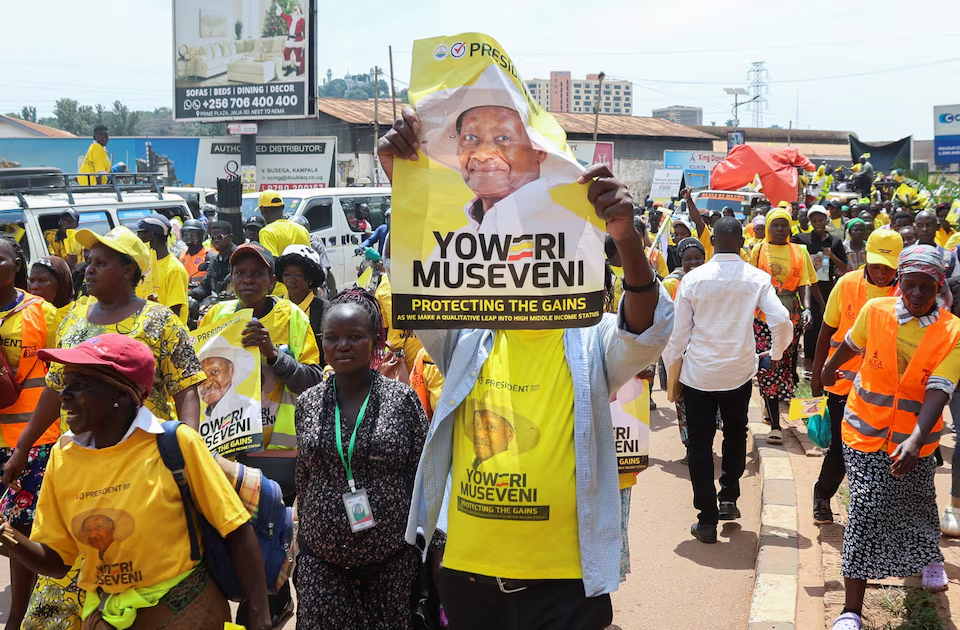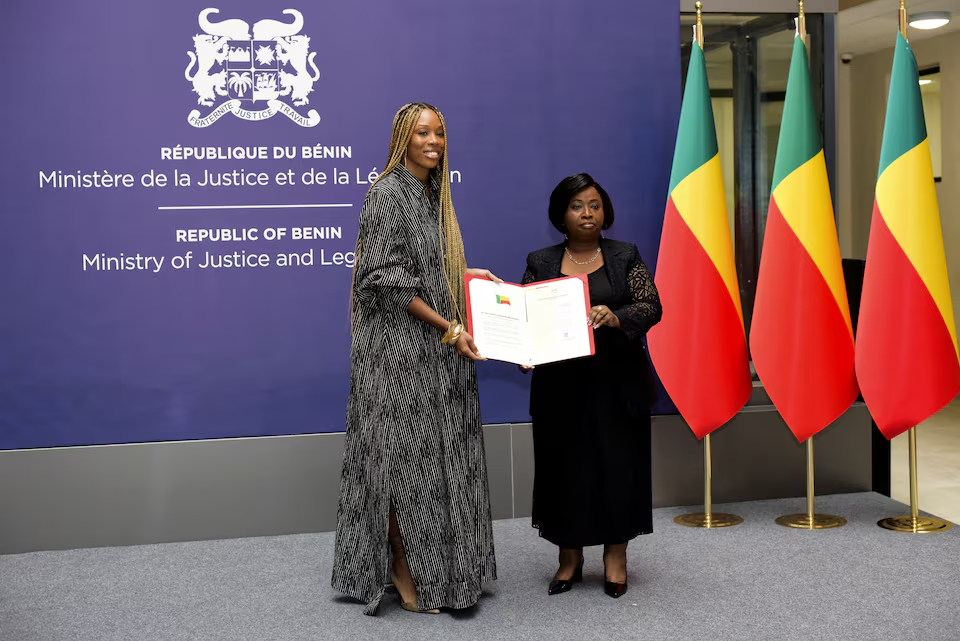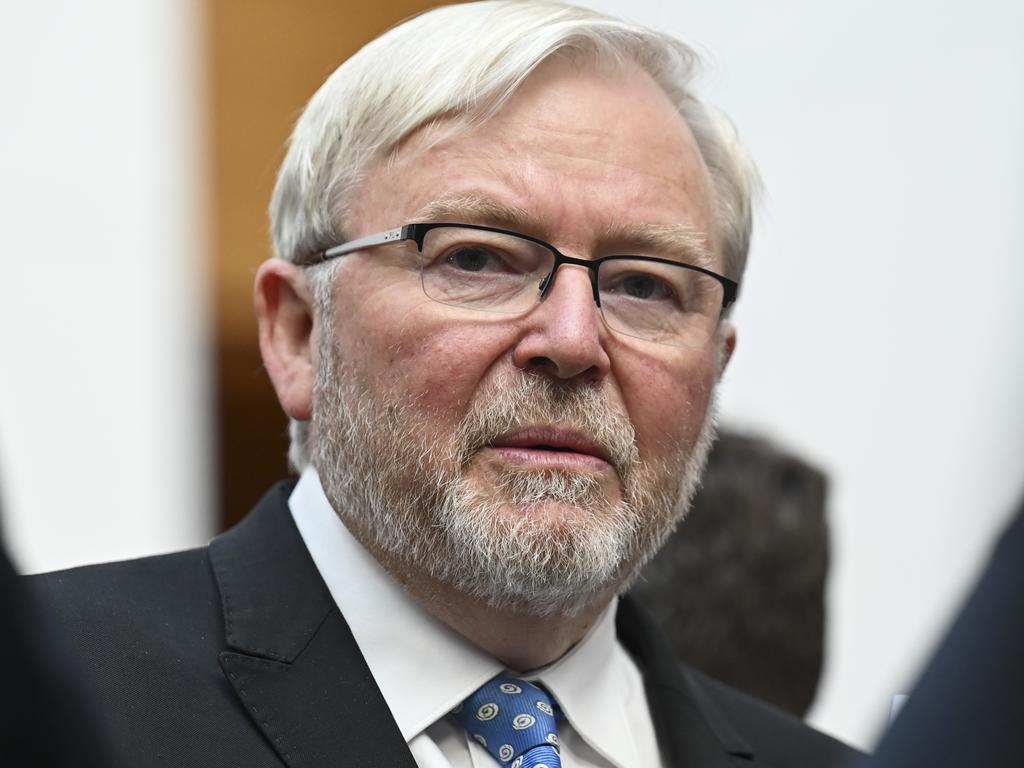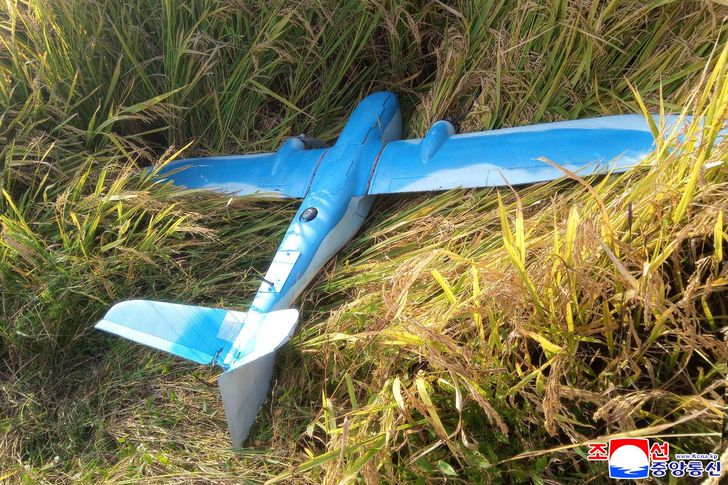The people who risk their lives to deliver food, medicine, and hope to those caught in war zones and natural disasters are facing a crisis of their own. Humanitarian workers are being killed in record numbers, while the international system that supports them is buckling under historic funding shortfalls, the United Nations humanitarian office warned ahead of World Humanitarian Day.
Observed each year on August 19, the day honors aid workers who have been killed or injured in the line of duty, while recognizing those who continue to serve despite the dangers. The date was established in 2008 to mark the 2003 bombing of the UN headquarters in Baghdad, which killed 22 humanitarian staff, including the UN’s Special Representative to Iraq, Sergio Vieira de Mello.
“This year, we are under a double attack,” Jens Laerke, spokesperson for the UN Office for the Coordination of Humanitarian Affairs (OCHA), told Anadolu Agency. “We are attacked in the field, where we implement our work, but we are also attacked in our back office, where we are supposed to get our funding—because funding has been cut.”
The numbers tell a stark story. So far in 2024, global humanitarian appeals have received 40 percent less funding than the same period last year. The decline has forced agencies to scale back even the most basic protections for staff—helmets, armored vehicles, and protective vests. Without resources, Laerke warned, “that won’t be available for people.”
Read Also: Lookman Offered To Premier League Clubs After Inter Exit
The financial strain comes on top of what OCHA confirmed is the deadliest year ever recorded for humanitarian workers. A total of 383 aid workers have been killed worldwide in 2024—a 31 percent increase over 2023. Most were national staff serving their own communities, targeted not only in the field but sometimes in their own homes. Another 308 were wounded, 125 kidnapped, and 45 detained.
The sharpest increases in violence were in Gaza, where 181 humanitarian staff were killed, and Sudan, where 60 lost their lives. Overall, violence against aid workers rose in 21 countries this year, with state actors identified as the most frequent perpetrators.
The UN has urged governments and donors to reverse the funding cuts and protect humanitarian staff. “Of course, we ask governments all over the world and other donors to step up, change their minds, and try to find the money that goes into this life-saving work,” Laerke said.
As the world prepares to mark World Humanitarian Day, the crisis highlights a devastating paradox: those tasked with protecting the most vulnerable are themselves increasingly unprotected—caught between relentless violence on the ground and dwindling support from the international community.


